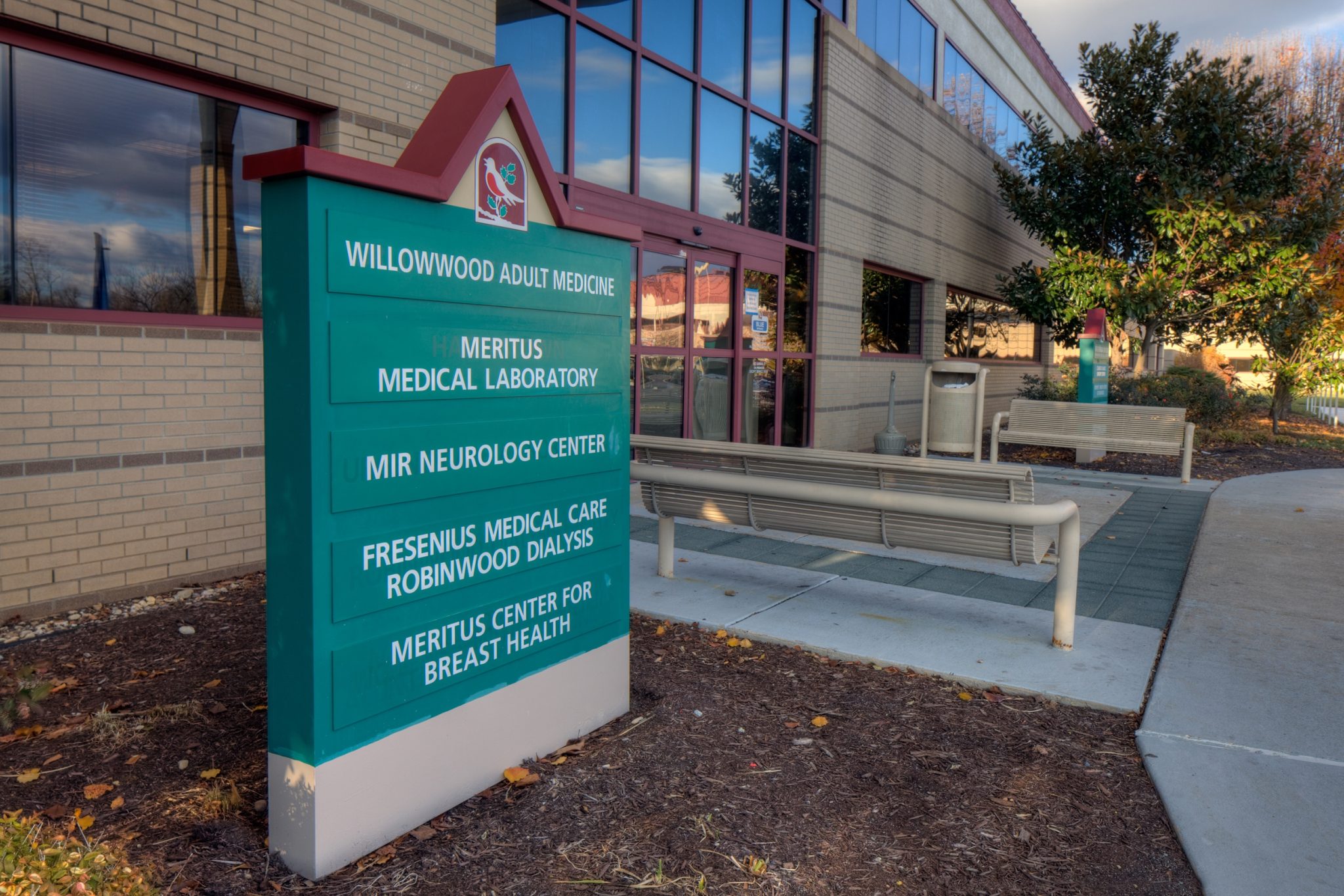We're Hiring! Join Our Team as a Nurse Practitioner - Apply Now. to Make a Difference in Patient Care!
Tingling / Numbness

Tingling and Numbness Treatment and Management Services
Tingling and numbness are common sensations that many individuals experience at some point in their lives. While these sensations can sometimes be temporary, they may also signal underlying health issues that require medical attention. Tingling (often described as “pins and needles”) and numbness can occur anywhere in the body, most commonly in the hands, feet, arms, or legs, and may result from various conditions, ranging from simple nerve compression to more serious neurological disorders.
At our clinic, we specialize in the diagnosis, treatment, and management of tingling and numbness. Our team of experts is dedicated to providing personalized care to identify the root cause of these sensations and offer effective solutions to relieve symptoms and improve quality of life.
What Are Tingling and Numbness?
Tingling and numbness, also known as paresthesia, refer to abnormal sensations in the skin that can range from mild to severe. While tingling is often described as a “pins and needles” sensation, numbness refers to a loss of sensation or feeling in a specific area of the body. Both symptoms can occur together or separately and can last for short periods or become chronic.
- Tingling: A sensation of prickling or “pins and needles” that can occur when a nerve is compressed, irritated, or inflamed.
- Numbness: A lack of sensation or feeling, often caused by nerve damage or reduced blood flow to a specific area of the body.
Both sensations can be caused by many different factors, including pressure on nerves, poor circulation, and underlying medical conditions affecting the nervous system.
Common Causes of Tingling and Numbness
Tingling and numbness can result from a variety of conditions, including but not limited to:
- Nerve Compression or Pinched Nerves: Conditions like carpal tunnel syndrome, sciatica, or herniated discs can put pressure on nerves, leading to tingling and numbness, particularly in the hands, legs, or feet.
- Diabetes: High blood sugar levels over time can cause nerve damage (diabetic neuropathy), leading to tingling and numbness, especially in the hands and feet.
- Vitamin Deficiency: Deficiencies in vitamins such as B12 can affect nerve function, causing tingling and numbness, especially in the extremities.
- Multiple Sclerosis (MS): MS is a neurological condition that can damage the protective covering of nerves (myelin), leading to tingling, numbness, and other sensory disturbances.
- Stroke: A stroke can cause sudden numbness or tingling in the face, arms, or legs, typically on one side of the body. This requires immediate medical attention.
- Peripheral Neuropathy: This condition refers to damage to the peripheral nerves, often due to infections, autoimmune diseases, toxins, or trauma.
- Carpal Tunnel Syndrome: Compression of the median nerve at the wrist can cause tingling, numbness, and pain in the hands and fingers.
- Poor Circulation: Conditions like peripheral artery disease (PAD) or blood clots can reduce blood flow to the limbs, resulting in numbness or tingling sensations.
- Anxiety or Panic Attacks: Stress and anxiety can sometimes lead to hyperventilation and changes in blood flow, triggering tingling or numbness, particularly in the fingers and lips.
Understanding the underlying cause of tingling and numbness is crucial for effective treatment and management.
Symptoms of Tingling and Numbness
Tingling and numbness can be accompanied by a range of other symptoms, such as:
- Pain: Tingling or numbness may be associated with a sharp, shooting, or burning pain.
- Weakness: Some individuals may also experience muscle weakness or difficulty moving a limb along with tingling or numbness.
- Loss of Coordination: Difficulty with balance or coordination, especially if numbness affects the hands or feet.
- Sudden Onset: Tingling or numbness that comes on suddenly or without clear cause may be a sign of an underlying medical condition such as a stroke or nerve injury.
- Chronic Symptoms: Persistent tingling or numbness lasting weeks or months could indicate nerve damage, vitamin deficiency, or an autoimmune disorder.
Treatment for Tingling and Numbness
At our clinic, we offer comprehensive treatment options for tingling and numbness, tailored to the specific cause of the symptoms. Our goal is to address the underlying condition causing these sensations while providing relief from the discomfort they cause.
1. Accurate Diagnosis
A proper diagnosis is the foundation of effective treatment. We begin by conducting a thorough evaluation, which includes:
- Medical History Review: We assess your symptoms, medical history, lifestyle, and any recent injuries or illnesses.
- Physical and Neurological Examination: A series of tests to evaluate muscle strength, reflexes, and sensation to identify areas of nerve involvement.
- Blood Tests: To check for conditions such as diabetes, vitamin deficiencies, or autoimmune disorders that could be contributing to your symptoms.
- Imaging Studies: MRIs, CT scans, or X-rays may be used to detect structural issues, such as a herniated disc, nerve compression, or damage to blood vessels.
- Electromyography (EMG): A test that measures electrical activity in muscles to help diagnose nerve damage or dysfunction.
2. Treatment Options
Once the cause of your tingling or numbness is identified, we create a personalized treatment plan, which may include:
- Physical Therapy: If the cause is related to nerve compression (e.g., carpal tunnel syndrome or sciatica), physical therapy can help improve posture, strengthen muscles, and relieve pressure on nerves.
- Medications: For conditions like diabetic neuropathy, medications such as pain relievers, anticonvulsants, or antidepressants may be prescribed to manage nerve pain and improve sensation.
- Vitamin Supplements: If a vitamin deficiency is the cause, supplements such as B12 may be recommended to help restore nerve function.
- Surgical Intervention: In cases of severe nerve compression (e.g., herniated discs or carpal tunnel syndrome), surgical procedures may be necessary to alleviate pressure on the affected nerve.
- Lifestyle Changes: For individuals with diabetes or poor circulation, lifestyle changes such as weight management, dietary adjustments, and regular exercise may be recommended to improve blood sugar control or circulation.
- Stress Management: If anxiety or panic attacks are contributing to tingling or numbness, therapy, relaxation techniques, and stress management strategies may be beneficial.
3. Ongoing Monitoring and Support
Managing tingling and numbness often requires ongoing care, especially if the underlying condition is chronic. We provide continuous support, including:
- Regular Follow-Up Appointments: To monitor your progress, adjust treatments, and manage any complications.
- Educational Resources: We offer guidance on managing symptoms, including tips on ergonomics, posture, and lifestyle modifications.
- Support for Chronic Conditions: If you have a condition like diabetes or multiple sclerosis, we help you develop a long-term plan for managing symptoms and preventing further nerve damage.
Why Choose Our Tingling and Numbness Treatment Services?
- Expert Diagnosis and Care
Our team of specialists is experienced in diagnosing and treating a wide range of conditions that cause tingling and numbness, ensuring you receive the most accurate and effective treatment. - Personalized Treatment Plans
We develop individualized treatment plans that target the root cause of your symptoms, providing you with the best chance for relief and recovery. - Comprehensive Care
We take a holistic approach to managing tingling and numbness, offering therapies, medications, and lifestyle advice to address both the symptoms and their underlying causes. - Compassionate Support
We understand that tingling and numbness can be distressing, and we are here to support you every step of the way with care, empathy, and understanding.
Contact Us for Tingling and Numbness Treatment
If you are experiencing tingling or numbness, it’s important to seek professional care to determine the cause and receive appropriate treatment. Contact us today to schedule an appointment with one of our experts and start your journey toward relief and recovery. We are here to help you regain control of your health and well-being.

























